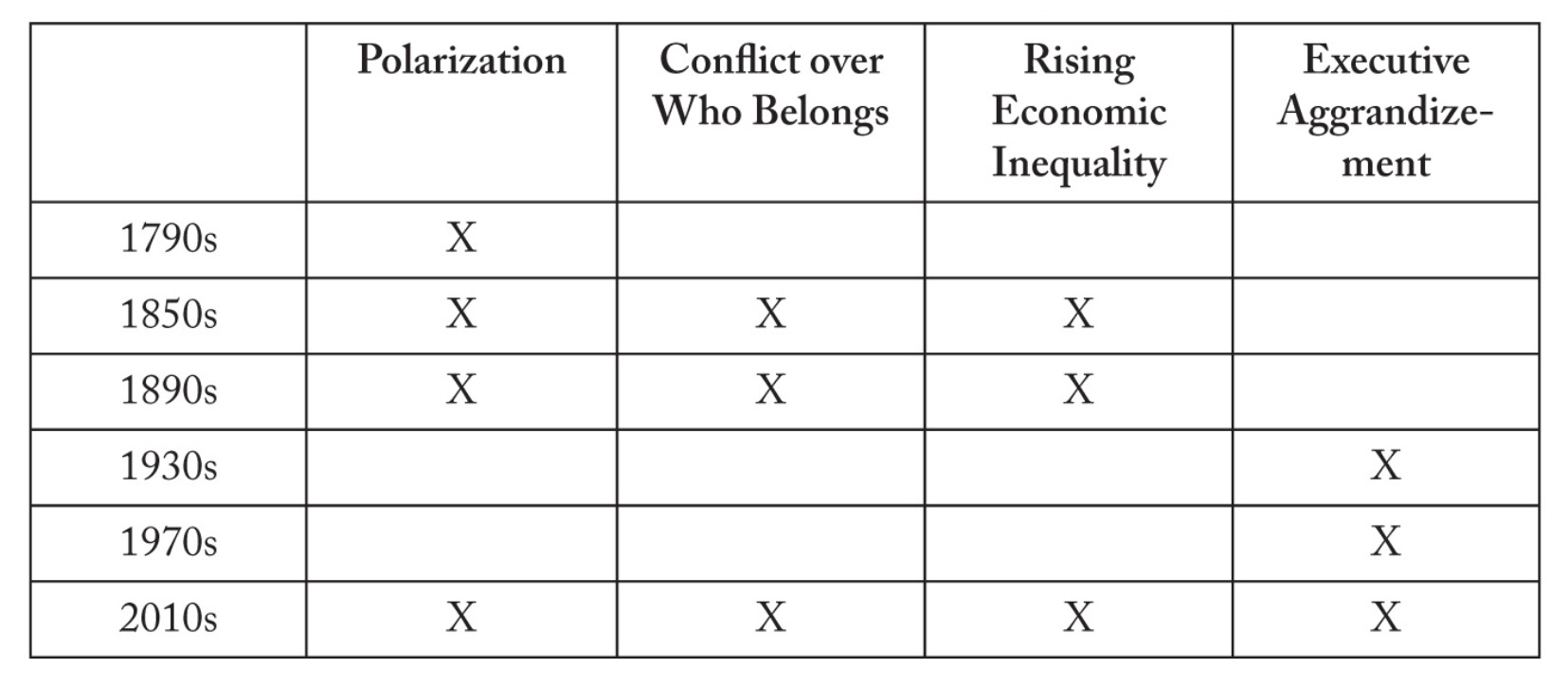In past episodes, US democracy faced 1-3 challenges at a time.
What’s uniquely alarming today is that all four threats—polarization, nativism, inequality, and executive aggrandizement—are present simultaneously, creating an unprecedented crisis!
What’s uniquely alarming today is that all four threats—polarization, nativism, inequality, and executive aggrandizement—are present simultaneously, creating an unprecedented crisis!

Comments
We’ve lost respect for political opponents.
By moralizing issues, we leave little room for differing views and end up alienating each other.
It is no longer about political disagreements. It is about right and wrong, good and evil, life and death.
Discussing democratic crises often means addressing polarization. Yet, navigating the vast academic polarization research can be overwhelming.
@ezrakleinbot.bsky.social's book offers an exceptionally well-written overview and connects it to present democratic challenges. A must-read!
Krupnikov & Ryan upend the conventional view on polarization.
Citizens are not so much polarized by party and ideology. They are polarized by involvement in politics.
A vocal minority is deeply involved, while most are less interested in daily politics.
If we instead focused on the less involved majority, we would realize that people are less polarized than we think.
Liberal democracies need a world safe for democracy.
Yet, the expansion of the liberal world order has changed it from a club with solid commitments to a public utility in which countries can break the rules.
In a time when the US global leadership is vaning, this book is pivotal.
Do populist politicians have a specific type of personality? Yes, they do. And it is dark.
@alessandronai.bsky.social & @ Maier show that populist leaders tend to score high on narcissism, psychopathy, and Machiavellianism and rely on character attacks to attract dark voters.